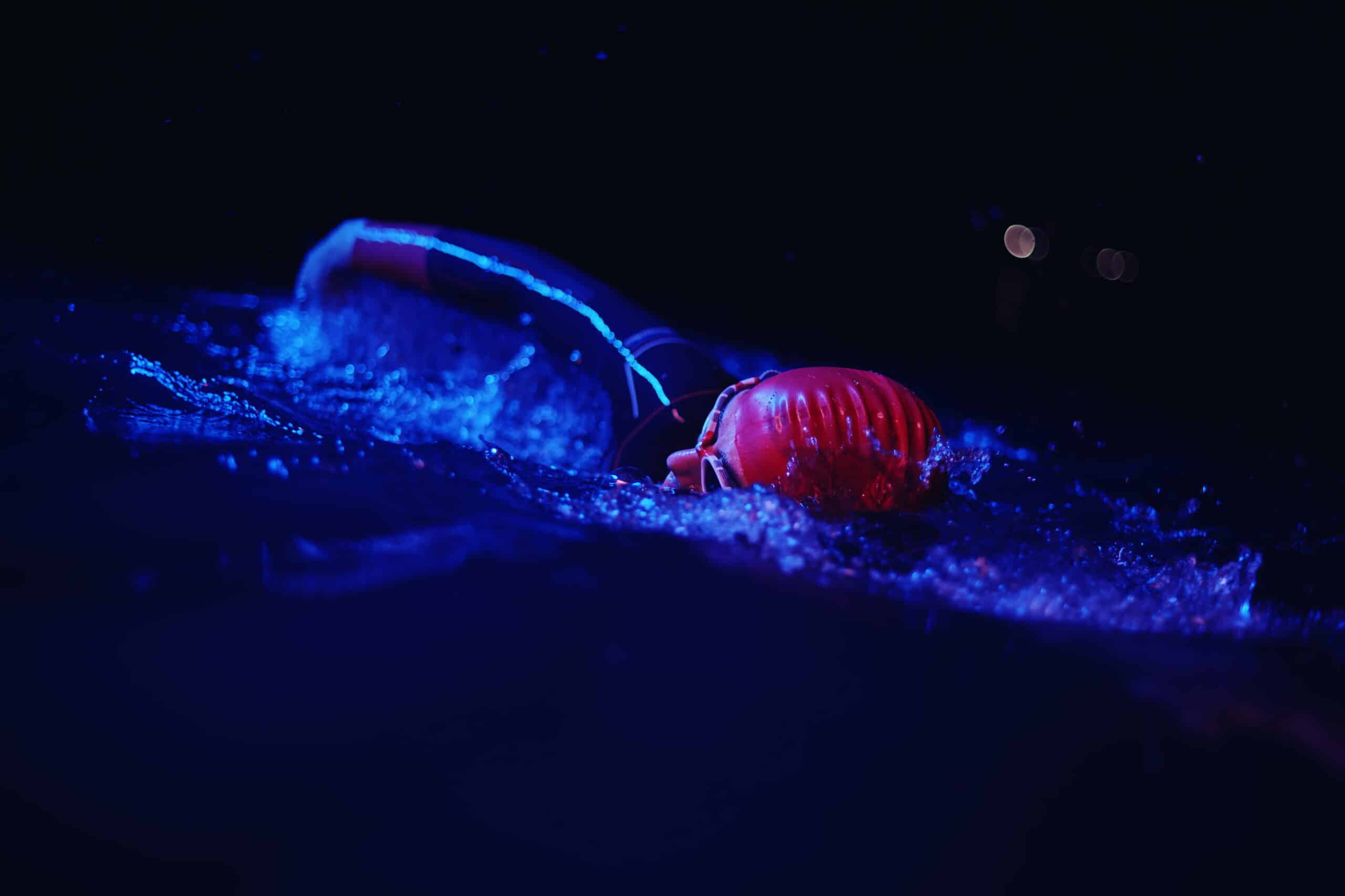Do Fish Bite at Night While Ice Fishing?
Key Takeaways
- Fish, including species like walleye, crappie, and burbot, are known to be more active and easier to catch at night while ice fishing.
- To increase your chances of success when ice fishing at night, prioritize safety by wearing a headlamp and carrying a powerful flashlight, set up a shelter for warmth, and dress in layers to stay warm.
- Use minimal impact light sources, such as red-light headlamps and flashlights, to avoid scaring fish away, and fish slowly and methodically to increase your chances of attracting and hooking fish.
Ice fishing is a popular winter activity that allows anglers to continue their pursuit of fish even when lakes and ponds are frozen over. One question that often arises among ice fishing enthusiasts is whether fish bite at night. The short answer is yes, fish do bite at night while ice fishing. In fact, nighttime can offer anglers unique opportunities to catch certain species that are more active and feed with increased fervor during the night.
One species that is particularly known for its nighttime activity is the walleye. Walleye have special eyes that work well in low-light conditions, making them crepuscular or nocturnal species. They tend to be more active and feed more at night than other fish. This makes them a prime target for ice anglers looking to catch fish after the sun goes down.
But walleye are not the only fish that can be caught at night while ice fishing. Other species, such as crappie and burbot, are also known to be more active and easier to catch during the night. These fish become more active in the darkness and are more likely to bite on bait or lures.
Tips for Ice Fishing at Night
If you’re planning to try your hand at ice fishing at night, there are several tips that can help increase your chances of success:
- Ensure safety: Before heading out onto the ice, it’s important to prioritize safety. Wear a headlamp and carry a powerful flashlight for visibility in the dark. This will not only help you navigate the ice but also ensure you can see any potential hazards.
- Set up a shelter: To stay warm during the night, set up a shanty or pop-up shelter on the ice. This will provide protection from the cold and also act as a marker to let others know that you’re on the ice.
- Dress appropriately: Dress in layers and bring extra warm clothing, backup gloves, and an extra hat. The temperatures can drop significantly during the night, and it’s important to stay warm and comfortable.
- Use minimal impact light sources: When ice fishing at night, it’s important to use light sources that have minimal impact on the fish. Consider using red-light headlamps and flashlights for tasks like tying knots and unhooking fish. Excessive glowing electronics like fish finders and underwater cameras can scare fish away.
- Minimize disturbance: Use tip-ups with small glowsticks attached to the flags for minimal disturbance in the water. This will make it less likely to spook the fish and increase your chances of getting a bite.
- Fish slowly and methodically: When jigging in the shanty, fish more slowly and methodically. This approach can be more effective during the night when fish may be less active. Consider using a bite alarm or small bell when deadsticking to alert you to any bites.
Following these tips can help maximize your chances of catching fish at night while ice fishing. By prioritizing safety, minimizing disturbance, and using appropriate light sources, you can create an environment that is more conducive to attracting and hooking fish.
Conclusion
In conclusion, fish do bite at night while ice fishing. Species like walleye, crappie, and burbot are known to be more active and easier to catch during the night. By taking the necessary precautions, such as ensuring safety, using minimal impact light sources, and fishing methodically, anglers can increase their chances of success when ice fishing at night.
Related Websites:
FAQs:
Q: Is ice fishing a popular winter activity?
Yes, ice fishing is a popular winter activity enjoyed by many outdoor enthusiasts. It offers a unique experience and the opportunity to catch fish in frozen lakes and rivers.
Q: Do fish bite at night during ice fishing trips?
Yes, fish can bite at night during ice fishing trips. While fish behavior can vary, many species are active and feeding during nighttime hours. It can be an exciting time to catch fish.
Q: What factors affect fish bites at night during ice fishing?
Several factors can influence fish bites at night during ice fishing. Ambient light plays a role in fish activity, and water temperature affects fish metabolism, which in turn affects their feeding behavior.
Q: Are there any tips for nighttime ice fishing?
Absolutely! When engaging in nighttime ice fishing, it’s essential to use specialized gear and techniques suited for low-light conditions. Additionally, targeting specific fish species known to be active at night can increase your chances of success.
Q: Is nighttime ice fishing a rewarding experience?
Yes, nighttime ice fishing can be a rewarding and exciting experience. While fish behavior can vary, it offers a unique opportunity to enjoy the outdoors, catch fish, and explore the wonders of ice fishing.






